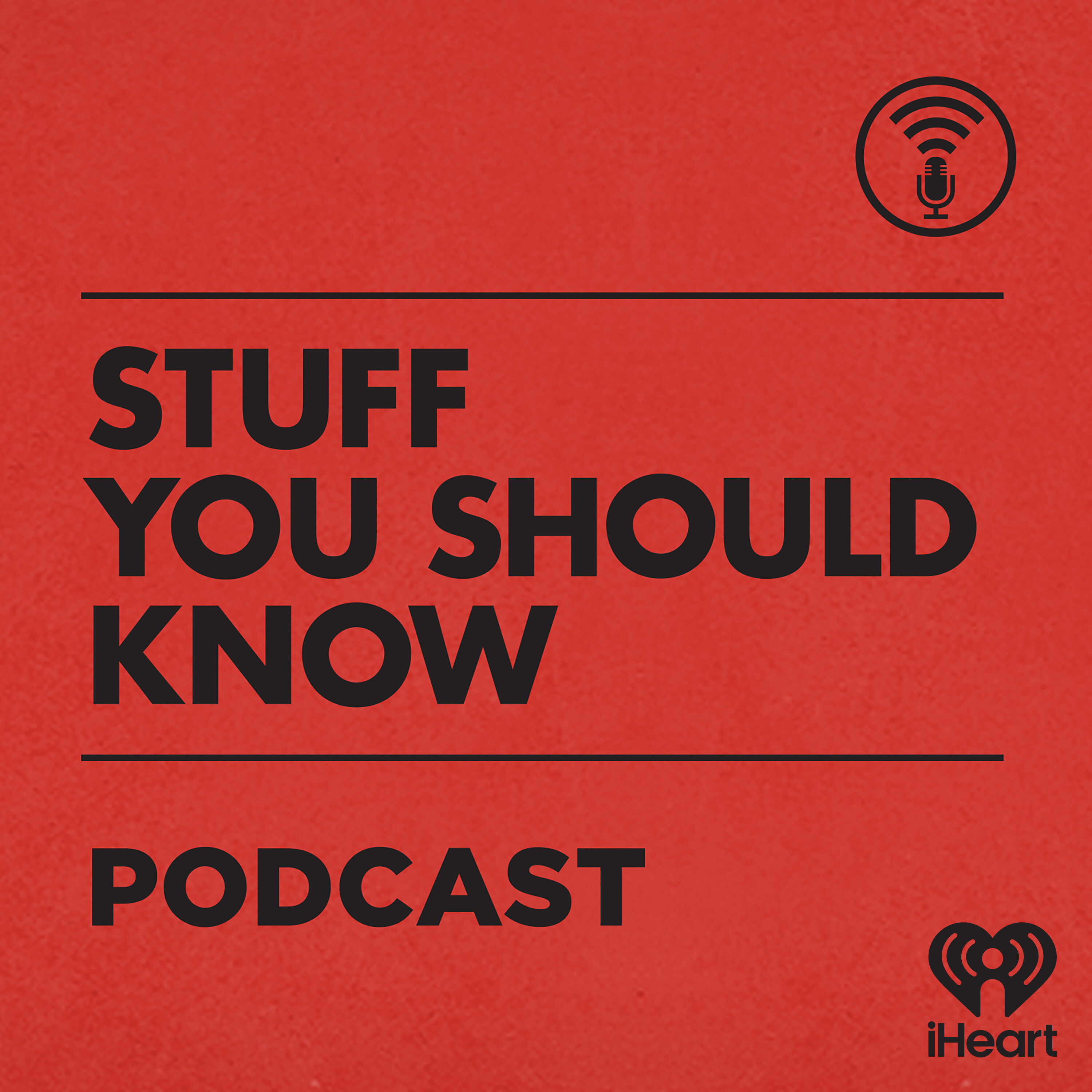Episode

How Wind Works
Description
Beloved egghead Buckminster Fuller said the wind doesn’t blow, it sucks. And he was pretty much right, depending on your perspective. Find out how everything from the hurricane to summer breeze makes life on Earth possible.See omnystudio.com/listener for privacy information.
Chapters
Summary
The speaker had aimed to be a meteorologist in college. However, due to the complicated nature of the field, she realized that it required an innate understanding of the subject matter.
EpisodeHow Wind Works
PodcastStuff You Should Know
Learn how heat causes air movement and how it relates to low and high pressure systems.
03:11 - 10:21 (07:09)
Summary
Learn how heat causes air movement and how it relates to low and high pressure systems. Also, discover the three factors that create wind.
EpisodeHow Wind Works
PodcastStuff You Should Know
The Coriolis effect is a phenomena caused by the rotation of the Earth which creates a counterclockwise spin in the Northern hemisphere and a clockwise spin in the Southern hemisphere.
10:21 - 19:12 (08:51)
Summary
The Coriolis effect is a phenomena caused by the rotation of the Earth which creates a counterclockwise spin in the Northern hemisphere and a clockwise spin in the Southern hemisphere.
EpisodeHow Wind Works
PodcastStuff You Should Know
The difference in temperature between the polar cell and the Ferrell cell contributes to the intensity of the polar jet stream, which can reach speeds up to 200 miles an hour, affecting air travel from east to west.
19:23 - 27:52 (08:29)
Summary
The difference in temperature between the polar cell and the Ferrell cell contributes to the intensity of the polar jet stream, which can reach speeds up to 200 miles an hour, affecting air travel from east to west. The subtropical jet stream is less powerful and less discussed.
EpisodeHow Wind Works
PodcastStuff You Should Know
Learn about how the natural geography of coasts, such as the proximity of mountains and oceans, can affect winds and temperature.
27:53 - 31:25 (03:32)
Summary
Learn about how the natural geography of coasts, such as the proximity of mountains and oceans, can affect winds and temperature.
EpisodeHow Wind Works
PodcastStuff You Should Know
The highest wind speed record was held on top of a mountain in New Hampshire for 70 years until it was beaten by an incident in Australia in 2011.
31:25 - 38:12 (06:47)
Summary
The highest wind speed record was held on top of a mountain in New Hampshire for 70 years until it was beaten by an incident in Australia in 2011.
EpisodeHow Wind Works
PodcastStuff You Should Know
Wind has multiple effects on the planet including moving lakes, spreading plants, and circulating ocean water through a gyre.
38:12 - 41:38 (03:26)
Summary
Wind has multiple effects on the planet including moving lakes, spreading plants, and circulating ocean water through a gyre.
EpisodeHow Wind Works
PodcastStuff You Should Know
The dust bowl in the 1930s resulted in terrible drought and high winds that blew all the soil westward, leading to the migration of people from Oklahoma to California.
41:38 - 47:48 (06:09)
Summary
The dust bowl in the 1930s resulted in terrible drought and high winds that blew all the soil westward, leading to the migration of people from Oklahoma to California. However, dust storms from North Africa, being kicked up and carried across the Atlantic, can cut down on hurricane season and keep tight systems from forming.
EpisodeHow Wind Works
PodcastStuff You Should Know
David Eagleman explores the relationship between our brains and experiences by answering unusual questions such as whether new senses can be created for humans.
47:49 - 50:16 (02:27)
Summary
David Eagleman explores the relationship between our brains and experiences by answering unusual questions such as whether new senses can be created for humans. Listen to Inner Cosmos with David Eagleman on the I Heart Radio app, Apple podcasts, or wherever you get your podcasts.